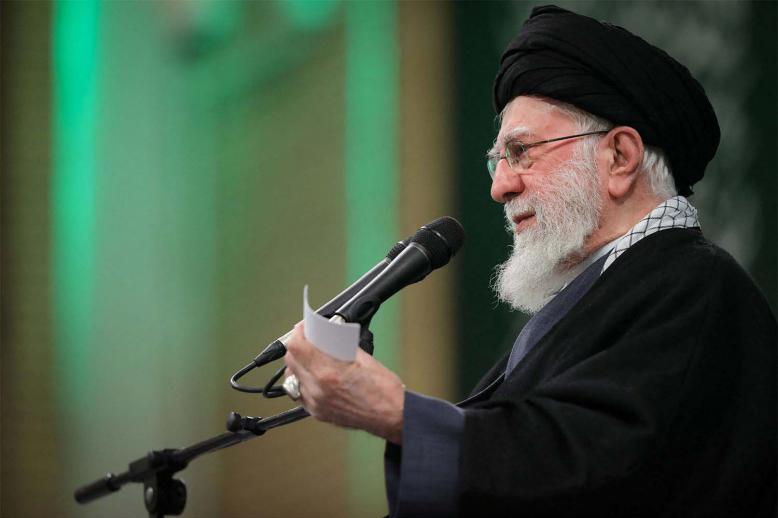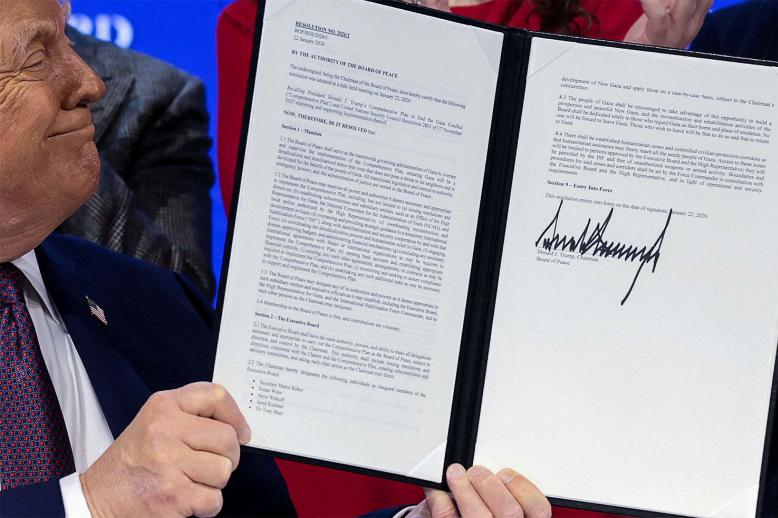Ankara clashes with EU as it flexes muscles in Mediterranean
ISTANBUL — As Turkey hardens its aggressive policies in the Eastern Mediterranean and North Africa, new tensions loom in Ankara’s relations with Europe and the United States.
Following a controversial maritime agreement with the government of Libya, Turkish President Recep Tayyip Erdogan said he was ready to send troops to the war-torn North African country.
The deal with the Tripoli government triggered criticism from Turkish neighbours and EU members Greece and Cyprus, as well as from the European Union itself. At the same time, Ankara warned that the United States risks eviction from a key airbase in southern Turkey.
Under Erdogan, Turkey regards itself as an independent regional power that pursues interests that may not be in sync with those of Europe or the United States. A foreign policy adviser to Erdogan said the West had to accept that Turkey’s foreign policy was no longer based on traditional models.
“The Turkish president understands that the traditional notion of ‘the Western alliance’ is no longer valid,” Burhanettin Duran wrote in the English-language Daily Sabah newspaper.
“Those who criticise Erdogan’s foreign policy, citing the state of Turkey’s relations with the West, must realise that the rules of the old liberal order no longer apply — there are new dynamics at play.”
In the Eastern Mediterranean, the deal between Ankara and Tripoli carves out a slanting sea corridor of maritime boundaries at the closest points between Libya and Turkey, potentially clearing the way for oil and gas search near Greek islands.
EU leaders who sided with Greece in the dispute said in a statement after a summit December 12 that the Turkish-Libyan agreement “infringes upon the sovereign rights of third states, does not comply with the Law of the Sea and cannot produce any legal consequences for third states.”
Tensions between Turkey and the West were further fuelled when the US Senate followed the US House of Representatives and passed a resolution that recognises as genocide the mass killings of Armenians in the Ottoman Empire a century ago, a historic move that infuriated Turkey.
Congress also reached agreement on a $738 billion defence bill that calls for sanctions against Turkey over its purchase of the Russian S-400 missile defence system.
Turkish Foreign Minister Mevlut Cavusoglu said Ankara could ask the United States to withdraw from the Incirlik Airbase if Washington imposes sanctions.
Howard Eissenstat, a Turkey expert at Saint Lawrence University in New York, said Ankara’s “aggressive foreign policy stance” is an attempt to adapt to new geopolitical realities.
“Whether its policies are wise or not, whether they [are] destructive or not, is a question for Ankara. For Washington — and for the EU — this is simply a reality and one that needs to be addressed.”
Thomas Seibert is an Arab Weekly contributor in Istanbul.
Copyright ©2019 The Arab Weekly







